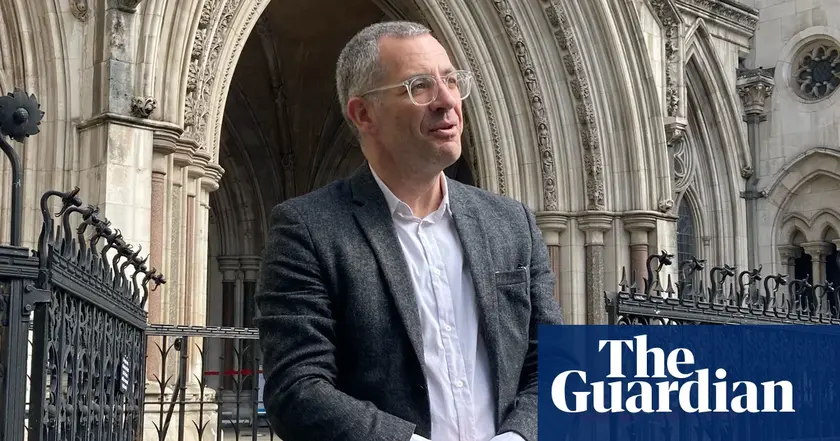T4K3.news
Mass arrests at Parliament Square protest after proscription
Police arrested 532 people for supporting a proscribed organisation during weekend protests in Parliament Square.
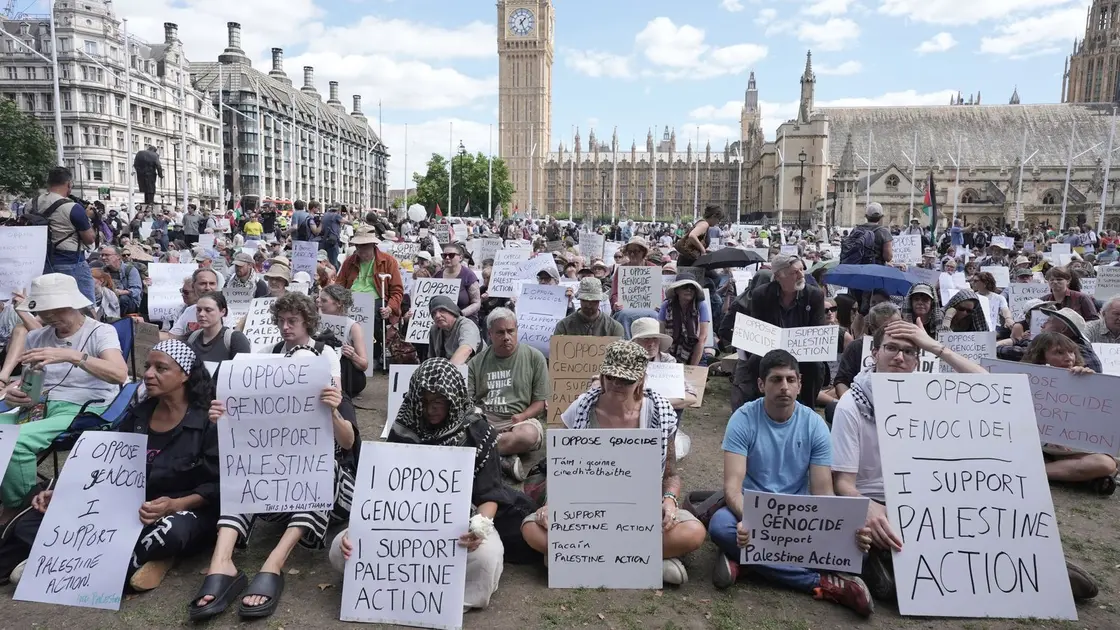
Yvette Cooper argues that arrests tied to a proscription are about security, not suppressing lawful protest.
Cooper defends mass arrests at Palestine Action protests
532 people were arrested on suspicion of supporting a proscribed organisation under Section 13 of the Terrorism Act 2000 during weekend protests in Parliament Square. Police say the numbers, including a large share aged 60 and older, mark the largest operation of its kind in more than a decade. The arrests followed the government’s July decision to proscribe Palestine Action as a terrorist organisation. Home secretary Yvette Cooper suggested that some protesters misunderstand the rationale behind the proscription, citing reporting restrictions on ongoing prosecutions.
Cooper stressed the action is not a comment on lawful demonstrations about Gaza, noting tens of thousands protested peacefully this weekend. She also asserted that Palestine Action has engaged in violent acts, causing injuries and using weapons and smoke bombs, and that there were clear security assessments before the proscription. Critics, including former government lawyers now aligned with Defend Our Juries, argued that arrests were politically motivated and infringed on the right to protest. Amnesty International urged caution, saying peaceful protesters were not inciting violence and should not be treated as terrorists.
Key Takeaways
"Proscription is not about protest around Palestine or Gaza"
Cooper frames the proscription as not about lawful protests
"There will be more people at the next action"
Crosland on future protests
"The protesters in Parliament Square were not inciting violence and it is entirely disproportionate to be treating them as terrorists"
Amnesty International response
"This is not a non-violent organisation"
Spokesman for Keir Starmer on assessments
The episode highlights a broader tension between security measures and civil liberties in Britain. Linking protest to terrorism law risks a chilling effect, potentially deterring people from exercising their right to assembly. The government argues that a proscriptive label rests on serious security advice, but critics warn that the use of anti-terror laws during domestic demonstrations can blur lines between legitimate dissent and criminality. The public debate is likely to intensify as more details emerge in closed court settings, which limits public scrutiny. This incident could reshape how political groups and police approach protests tied to foreign policy.
Highlights
- Proscription is not about protest around Palestine or Gaza
- There will be more people at the next action
- The protesters in Parliament Square were not inciting violence
- This is not a non-violent organisation
Civil liberties risk from mass protest arrests
Arrests under terrorism laws raise concerns about freedom of assembly and due process. The approach could chill protest turnout and provoke political backlash.
The coming months will test whether security rhetoric translates into durable safeguards for civil rights.
Enjoyed this? Let your friends know!
Related News
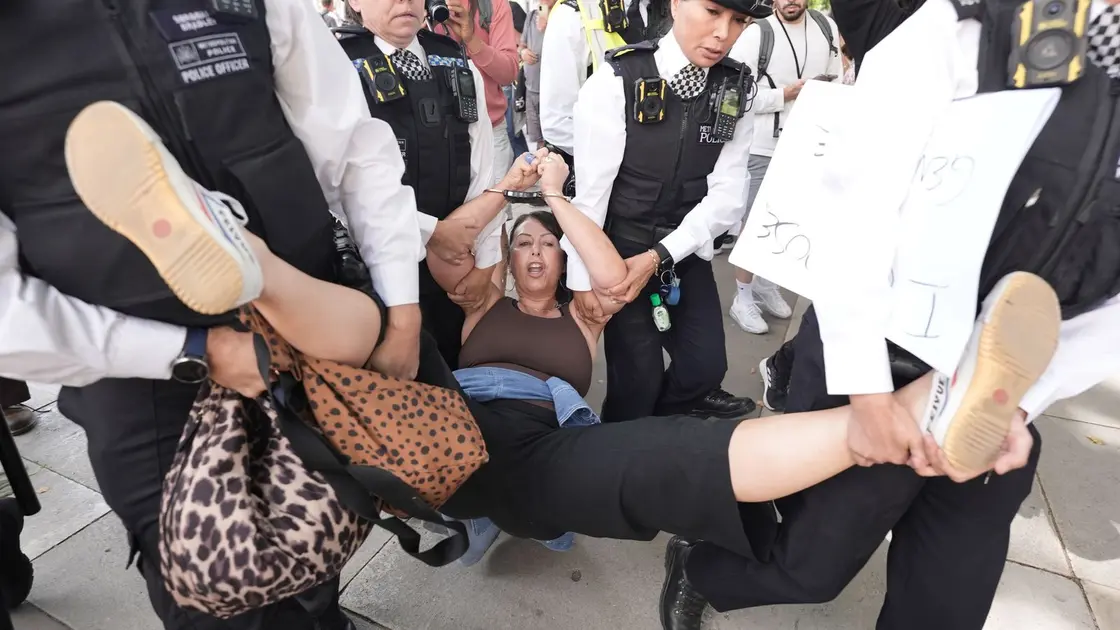
Arrests at London Palestine Action Protest After Proscription
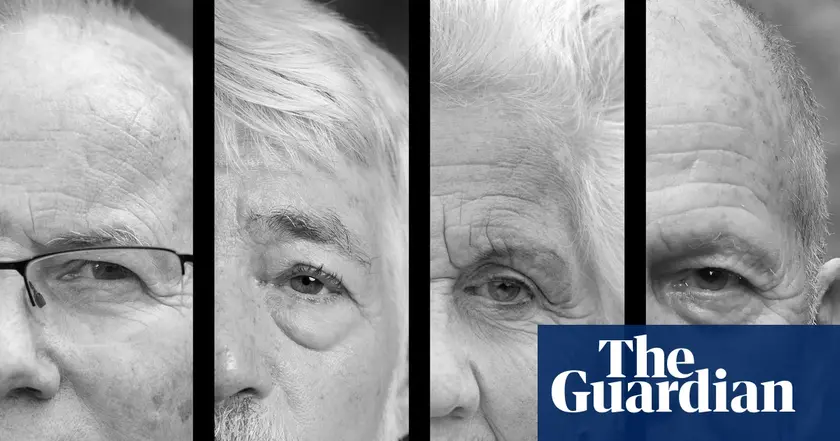
Protesters defend free speech amid anti-terror ban
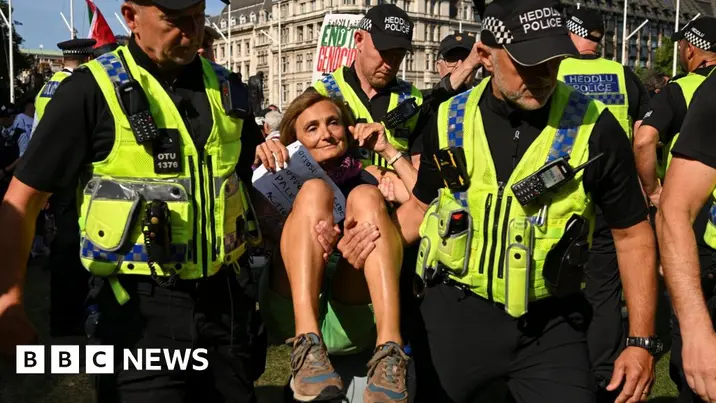
Palestine Action ban moves to new phase
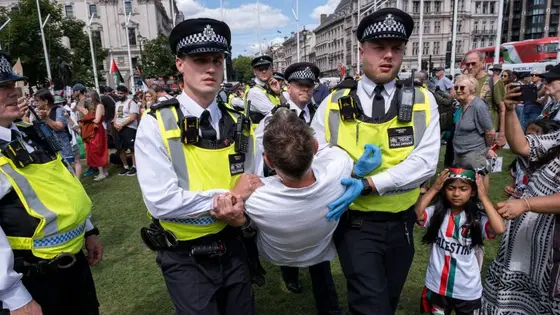
London arrests 466 protesters after Palestine Action ban
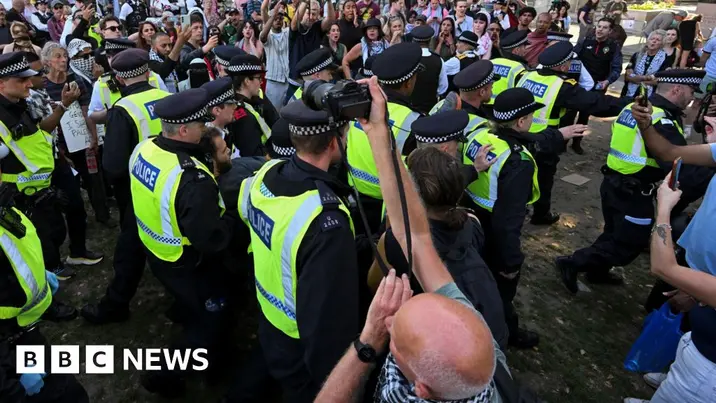
Palestine Action banned under terror law
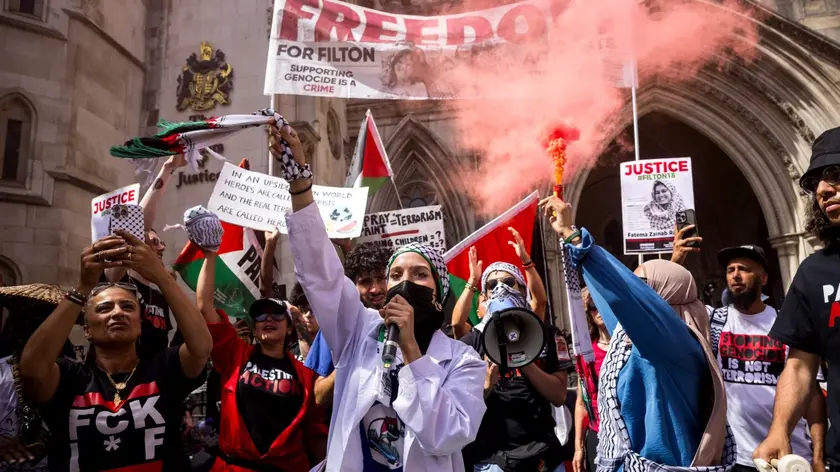
UK government bans Palestine Action amid rising support
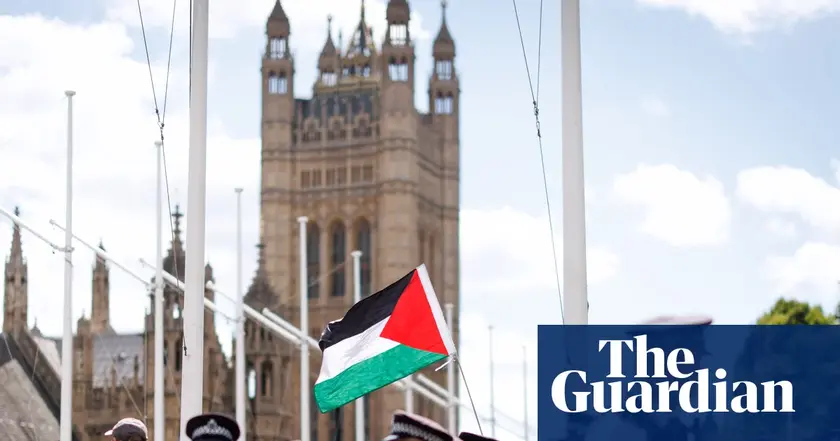
London protests after Palestine Action ban
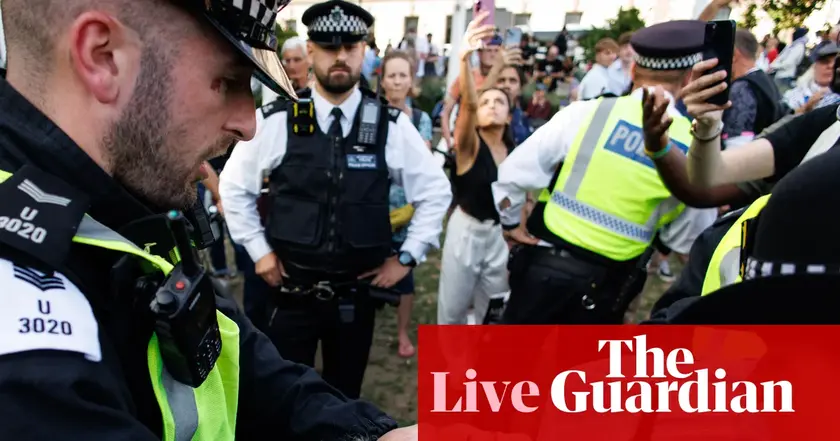
Palestine Action ban defended in UK politics
